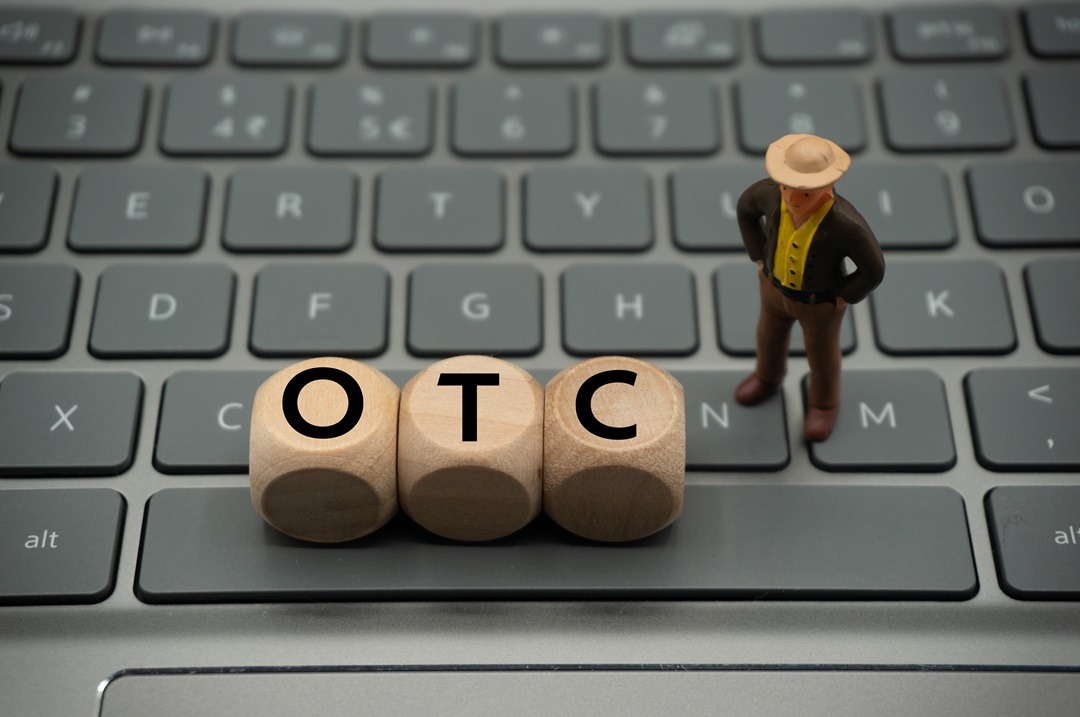What is a Payment Service Provider (PSP)?9 min read
Reading Time: 4 minutesA Payment Service Provider or PSPs, also known as merchant service providers, are third-party organizations that help individuals or businesses accept or manage online payments such as credit or debit card payments, digital wallets, and transfers.
For many individuals and businesses, online payments are an essential part of modern-day, but the first PSPs were established in the 90s. The demand for digital payment is only getting higher with the evolution of digital technology such as smartphones, cryptocurrency, or blockchain.
PSPs or Payment Service Providers have a wide range of functions and features. They make sure your transactions are fast, secure, and credible. Many PSPs enable businesses to accept payments or transfers in multiple currencies.
Payment Service Providers can be integrated with many e-commerce websites and platforms to expedite the process of collecting payments. They also enable customers to make payments via their mobile devices or smartphones.
What is a PSP Payment?
PSP Payment is a payment made through a payment service provider. For instance; the buyer makes an online purchase from a business that uses PSP, therefore the payment is processed by a Payment Service Provider.
A typical PSP payment works as follows; the buyer initiates a purchase from an online platform, or a website and chooses a payment method (credit card, debit card, digital wallet, etc.). The next step is filling out the payment form on the platform.
The buyer provides the necessary information for the payment such as credit card number, full name, and so on to complete the payment form. At this step, the PSP transmits the information of both the buyer and the business (the receiver).
The information is submitted to the PSP’s payment gateway which contacts the banks or other financial institutes to confirm and complete the transaction. Once the payment is verified, the transfer reaches the business account. Both the buyer and the business are notified.

What Does Payment Service Provider (PSP) Mean?
PSPs are third-party companies that act as a bridge between the customer (or sender) and the business (or receiver). They are used widely in e-commerce. They make it easier for businesses to receive payments in various methods and currencies.
Payment Service Providers are more secure for both businesses and customers because the providers verify the information before authorizing the payments, and the transfers are traceable, making businesses more reliable for customers.
What is a Payment Service Provider in Banking?
PSPs are regulated financial institutions that focus only on digital payments or transfers. They are more modern, flexible, and fast compared to traditional banking. PSPs are dedicated to improving electronic payments and transfers.
There are many advantages of using PSPs whether your business is small or large. Their fees are typically less and more transparent than other pricing methods. They are much faster than regular banks in terms of application and approval, as well as the setup process.
Banks may be stricter than PSPs regarding the credit histories of businesses. Payment Service Providers offer more features for managing daily finances, online payments, invoicing and so on. Banks may have limits on the currencies you can accept payments on while PSPs offer a wide range.
Banking is also evolving and the distinction between PSPs and banks is getting smaller. There are online banks that provide services of PSPs, Payment Gateways, and more. For instance; The Guardian Bank is an online bank that offers banking, trading and financial services.

Payment Service Provider vs Payment Gateway
While Payment Gateways are a part of electronic payment systems, they are different from PSPs. Payment Gateways play the role of a middleman between the businesses’ online platform or application and the bank or institution between which the transaction is made.
Payment Gateways transmit the information of payment securely, verify the payment, complete the authorization process, and enable the transfer to be completed. Braintree, Authrorize.net, and 2Checkout are some examples of institutes that provide Payment Gateway services.
PSPs often include Payment Gateway but their services are wider. They manage the whole payment process, offer different payment methods, provide other financial services, and business management services in addition to payment management.
Is The Guardian Bank a Payment Service Provider?
Many traditional banks can act as Payment Service Providers to some extent. They offer electronic payment services, mobile banking, and other methods. The Guardian Bank is a good example because it specializes in online banking, financial services, and more.
Banks play the role of a PSP for businesses and individuals while making transfers, managing accounts, or paying bills digitally from their online platforms. When you make a payment with a credit or debit card, your bank acts as a bridge in the payment process.
Like PSPs, you are not restricted to domestic payments. You can make transfers internationally with your bank. Some banks such as The Guardian Bank, also offer business accounts and services to receive payments. They often include Payment Gateways and point of sale (POS) systems.
More banks are adopting modern digital technologies and some banks like The Guardian Bank focus mainly on modern online banking. The Guardian Bank enables you to manage your business in every financial aspect without needing third-party institutes.
To learn more and get started with your business account, visit the website, or contact The Guardian Bank customer support team. Enjoy the simplicity of having your PSP, Payment Gateway, and all the financial solutions you need in one platform.



